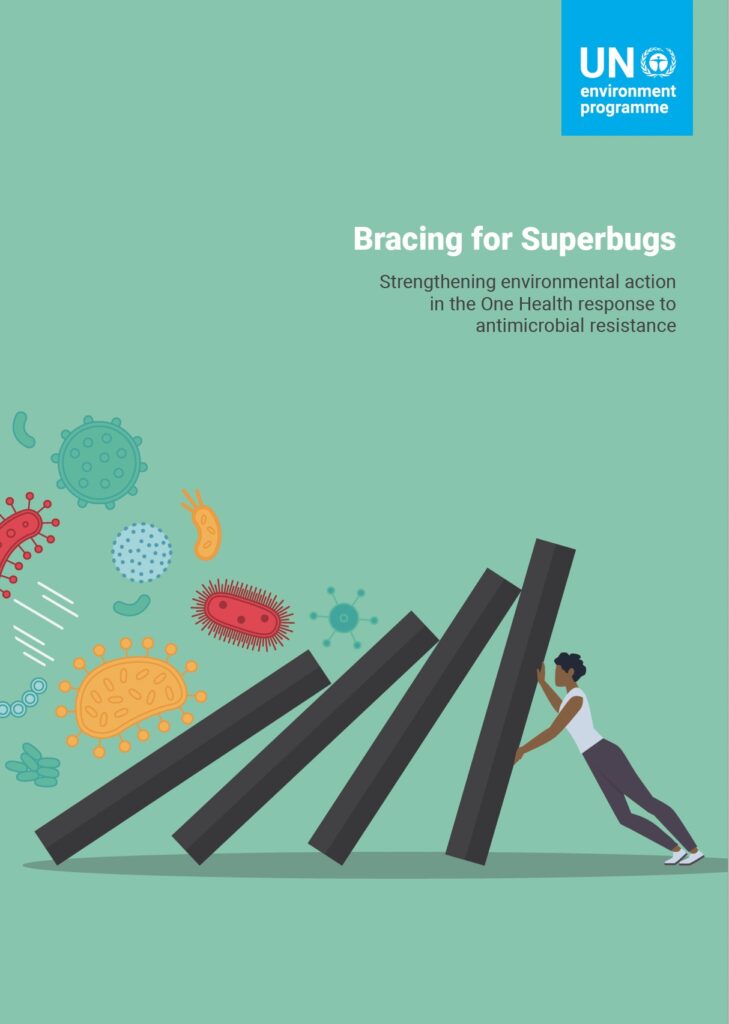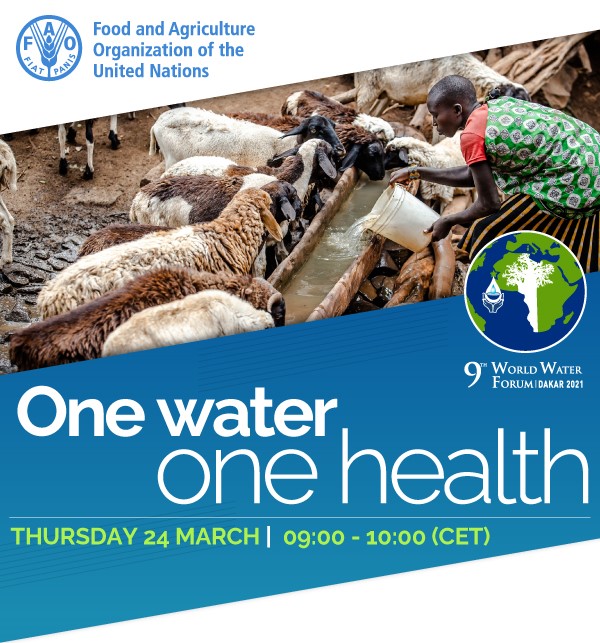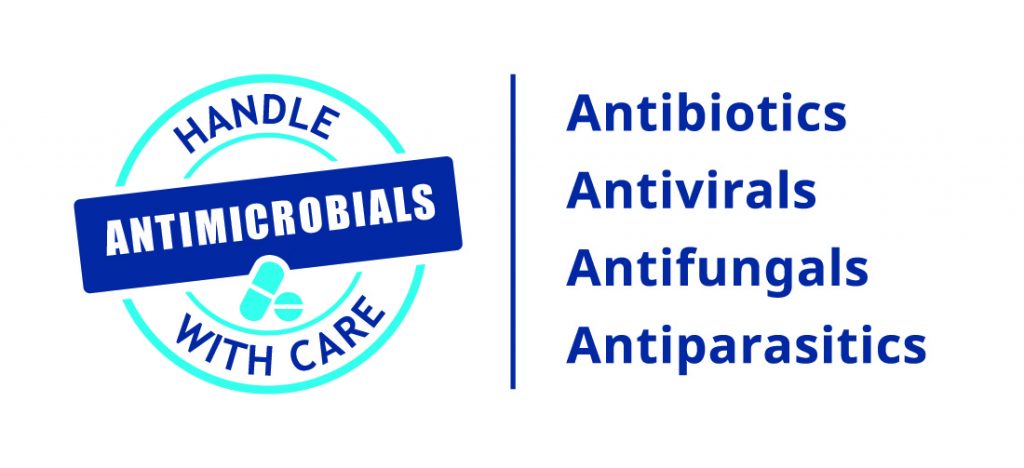In just a 4-minute read, this piece showcases the impact of our research. Discover how other’s at Newcastle University address the pressing needs of society on a grand scale by visiting: https://www.ncl.ac.uk/research/impact/.
Tag Archives: AMR
Antimicrobial Resistance Podcast Series from Royal Society of Chemistry
Professor David Graham is part of the interview panel in Episode 4 of the 6-part podcast series on antimicrobial resistance (AMR). This series investigates the nature of AMR threats and what can be done to tackle them. The series is part of the Brought to you by chemistry podcast series sponsored by the Royal Society of Chemistry hosted by Dr Alex Lathbridge.
Episode 3.1: Introduction to AMR (aired 18 January 2023)
What is AMR and why is it such an urgent challenge? What are researchers and governments doing to address it and what needs to done? This episode explores these questions with Professor Alison Holmes – president of the International Society for Infectious Diseases and researcher at Imperial College London, and Dr Gerry Wright – researcher at McMasters University.
Episode 3.2: Antimicrobial discovery and development (aired 25 January 2023)
How do we develop drugs like antibiotics? How long does it take for such a drug to go from its inception in a research lab to use in a hospital, for example? And what people and processes are involved? In this episode, microbiologist Dr Vicky Savage, from INFEX Therapeutics, and Professor Colm Leonard at NICE looks the step of the drug development process, including drug procurements, applications, and the variety of uses within the healthcare system.
Episode 3.3: The importance of diagnostics in fighting AMR (aired 1 February 2023)
Why is accurate diagnosis of patients so crucial in the fight against AMR? How do diagnostics work now and what is the best case scenario in the future? What innovative technologies are being developed? In this episode, Professor Tina Joshi, Professor of Microbiology at Plymouth University, and Dr Kaamini Walia of the India Council for Medical Research talk through diagnostics in the fight against AMR. This episode also features presenter and doctor Dr Hilary Jones, with a fascinating insight into the challenges faced by GPs when prescribing antibiotics, and a look into the relationship between patients and medicine. B
Episode 3.3.5: Do the public need to be more scientifically literate? (aired 8 February 2023)
Why is it important to have Doctors working within the media? Do the public need to be more scientifically literate? What advances have we seen in diagnostics? And how can this help GPs in the UK? In this bonus episode, RSC producers Hiren Joshi & Lizzy Ratcliffe speak in depth with ITV’s favourite GP – Dr. Hilary Jones. Dr. Hilary shares 40 years’ worth of medical wisdom, his experience working in the media, and reflects on the medical challenges present in antimicrobial resistance.
Episode 3.4: AMR in the environment (aired 15 February 2023)
Why should we care about antibiotics being in the environment? How does it impact us? And what do we mean by “One Health”? In this episode, Professor Barbara Kasprzyk, researcher from the University of Bath; Kurt Arden from the Royal Veterinary College and University College London; and Professor David Graham, Professor of Ecosystems Engineering at Newcastle University, talk through how antimicrobials get into the environment and why this is a problem.
Episode 3.5: Infection prevention and control (aired 22 February 2023)
How do we avoid getting to the point of needing to use so many antibiotics in the first place? Professor Morgan Alexander, Professor of Biomaterials at the University of Nottingham, and Dr Lena Ciric who leads the Healthy Infrastructure Research Group at University College London, talk about infection prevention and control as well as about how diseases spread, especially through buildings and on surfaces, and how scientists are innovating to combat these mechanisms.
Episode 3.6: Combatting AMR around the world (aired 1 March 2023)
In a perfect world, what should governments be doing to help prevent AMR? What are the political obstacles in the way of tackling AMR? In the final episode, Professor Dame Sally Davies, Former UK Chief Medical Officer, and Dr Eduardo Samo Gudo, Deputy Director General of the National Institute of Health in Mozambique political obstacles. It also features a variety of international experts to gain holistic insight into the challenges we face with AMR globally.
See full podcast series here. Aired episodes are available on YouTube, Spotify, Acast, Amazon Music, and Google Podcasts.
New UN Report: Bracing for Superbugs
The report Bracing for Superbugs: Strengthening environmental action in the One Health response to antimicrobial resistance provides evidence that the environment plays a key role in the development, transmission and spread of AMR. Prevention is at the core of the action and the environment is a key part of the solution.
The spotlight report will be launched at the 6th meeting of the Global Leaders Group on Antimicrobial Resistance in Barbados, the United Nations Environment Programme (UNEP). The online launch is set for Tuesday, 7 February 2023; 10:30 am AST/9:30 am EST/5:30 pm EAT/3:30 pm CET. Details are available here or see it streamed live at PMPBarbados.
The report’s lead authors include Dr Teresa Coque, Prof. David Graham, Dr Amy Pruden, Dr Anthony So, Dr Ed Topp, and the amazing team at the UN Environmental Programme.

The UN establishes the Quadripartite Technical Group on Antimicrobial Resistance (AMR) and Antimicrobial Use (AMU) Integrated Surveillance
Prof. David Graham was just appointed to the United Nations Quadripartite Technical Group on Antimicrobial Resistance and Use Integrated Surveillance (QTG-AIS) established by the Quadripartite Joint Secretariat on AMR. QTG-AIS was formed by the Food and Agriculture Organization of the United Nations, United Nations Environment Programme, World Health Organization, and the World Organisation for Animal Health, and has been created to provide advice and guidance on the development of global, regional and country-level integrated surveillance systems for AMR and AMU. A special goal is to establish effective surveillance capacities across all resource settings.
QTG-AIS is mandated to provide:
- advice to the Quadripartite on needs, scope, and format on integrated surveillance; how it should be updated to reflect emerging evidence and experience; and advocate for covering identified gaps;
- reviews and refine current definition of integrated surveillance and agree on priority needs in different contexts;
- technical advice to the Quadripartite on issues emerging from regional- and country-level work on AMR/AMU integrated surveillance;
- strategic advice and input to the Global Leaders Group on AMR and AMU integrated surveillance; and
- technical support/assistance via the Quadripartite to build country- and regional-level integrated AMR/AMU surveillance capabilities.
The QTG-AIS comprises 27 experts with AMR and AMU surveillance experience, including Prof Graham. See the Press Release here for the list of named individuals. Update: See a more developed summary of QTG-AIS here.
Antimicrobial Resistance in the Environment Webinar Series
The Quadripartite, the Food and Agriculture Organization of the United Nations (FAO), the United Nations Environment Programme (UNEP), the World Health Organization (WHO) and the World Organisation for Animal Health (WOAH), is hosting the Antimicrobial Resistance in the Environment Webinar Series, which covers the following topics
- Webinar 1: Understanding the basics of environmental AMR for national action – 20 June 2022
- Webinar 2: Sources, drivers and impacts on AMR in the environment – 12 September 2022
- Webinar 3: Technical solutions for prevention and control of AMR in the environment – 27 October 2022
- Webinar 4: Governance approaches for prevention and control of AMR in the environment – 1 December 2022
Professor Graham is speaking at Webinar 3: Technical solutions for the prevention and control of AMR in the environment. His talk start at 1:37:00. See the full webinar series here.
Heavy metal pollution can increase antibiotic resistance in rivers
We want to publicise a recent publication in the journal Environmental Pollution on research by Newcastle University and the Indian Institute of Technology, Delhi that quantified antibiotic and metal resistance in sediments from the Ganges and Yamuna Rivers in India and streams in the River Tyne catchment. The results show heavy metals, which are high in the River Tyne catchment due to historic mining and industrial activity, relate to antibiotic resistance levels in the river. The same was seen in the Indian rivers, especially in areas of industrial activity. See the Newcastle University Press Release on this work here.
Professor Graham introduced the environmental dimensions of antibiotic resistance at the Annual Meeting of the Members of the European Parliament (MEP) Interest Group on AMR on 17 May 2022.
One Water One Health
A special webinar is being held on March 24 at the 9th World Water Forum called “One Water One Health“. This event is being co-hosted by the UN Environment Programme (UNEP), Food and Agriculture Organization (FAO), World Health Organization (WHO), and World Organisation for Animal Health (OIE) and examines “AMR in the Environment” from a One Health perspective, including transmission and spread in water systems.
“This session fosters awareness and multistakeholder dialogue that brings together the tripartite organisations namely the UN FAO, WHO, OIE, and UNEP with the government, the private sector, and experts from environment, health, and WASH sectors. The event presents an opportunity to understand the multitude of water and health linkages and antimicrobial resistance from a water environment perspective, specifically the scope of the problem, sources, drivers, transmissions mechanisms, and the implications to global water security and mitigation actions.”
The webinar is 08:00 to 09:00 GMT on Thursday, 24 March 2022. Registration here.
During the webinar, our own Prof David Graham is speaking about the role of the wider environment on antimicrobial resistance spread. Other contributors include Sasha Koo-Oshima (Land and Water Division, FAO); Sunita Narain (Centre for Science and Environment, Chair of the Global Leaders Group Environment Group); Joakim Larsson (University of Gothenburg, Sweden); Kate Medlicott (World Health Organization, Geneva, Switzerland); Marion Savill (Affordable Water Limited and Water, NZ Chapter of International Water Association (IWA), & IWA ASPIRE, New Zealand); Nigel French (Massey University & New Zealand Food Safety Science and Research Centre); Omar El-Hassan (FAO) & Robert Bos (FAO).

Sanitation’s role in reducing the spread of AMR
Read the interview that David Graham gave Health Europa on the vital role of sanitation in reducing the spread of antimicrobial resistance by click here. Questions covered include:
- How does a lack of access to clean water and sanitation increase the spread of AMR?
- Can you explain how wastewater has been used as a tool to guide healthcare decisions during the pandemic?
- What are the key challenges facing the healthcare sector in preventing the spread of AMR infection?
- You and your colleagues have successfully trialled two new qPCR assays to detect transmissible AMR. Can you outline your DNA-based testing method and explain the benefits of this?
- What steps should be taken at a policy level to avoid the worst-case scenario of 10 million annual deaths by 2050?
Public Webinar: Environmental Dimension of AMR under the One Health Agenda
Join the public webinar Environmental Dimension of AMR under the One Health Agenda in celebration of World Antimicrobial Awareness Week on Friday, 19 November 2021 from 8:00 to 11:00 GMT time via KouShare by clicking here.
This event is organized by the United Nations Environment Programme; the Institute of Urban Environment, Chinese Academy of Sciences; the Alliance of International Science Organizations; and the Center for Environmental Engineering Research, The University of Hong Kong. The moderators are Prof. Yong-Guan Zhu and Prof. David Graham, with opening remarks by Prof. Jian Lui and Prof. Jinghua Coa and invited talks from Prof. Tong Zhang, Prof. Sabiha Essack, Dr. Rajeshwari Sinha, Prof. Ewa Korzeniewska, Dr. Chanwit Tribuddharat, and Dr. Mui-Choo Jong.
Download the programme here; please note the programme times are given in China Standard Time, which is 8 hours ahead of GMT, so adjust for your viewing location.
Will you ‘Go Blue’?
World Antimicrobial Awareness Week (WAAW) is 18 to 24 November. Celebrated annually, WAAW aims to increase awareness of global antimicrobial resistance and to encourage best practices among the general public, health workers, and policymakers to avoid the further emergence and spread of drug-resistant infections. The 2021 WAAW theme is ‘spread awareness, stop resistance’.
This year’s campaign encourages participants to spread awareness about what AMR is, share stories about its consequences, and demonstrate how the actions of individuals, families, professionals, and communities affect the spread of AMR. Find campaign materials and resources here, including the AMR and Water, Sanitation and Hygiene (WASH) Technical Brief that David Graham helped coauthor. Also checkout the Campaign Guidance here. Also, take a minute to share a comment with us on how you are ‘Going Blue’.


